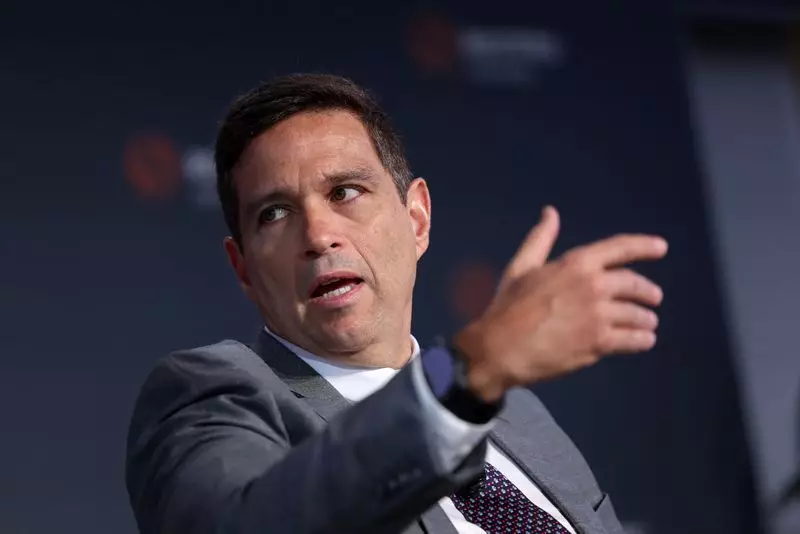In recent discussions, Roberto Campos Neto, the head of Brazil’s central bank, shed light on the complex relationship between U.S. electoral outcomes and global inflation trends. The financial markets, he argues, are increasingly recognizing the potential inflationary effects stemming from the upcoming U.S. elections. This connection is particularly significant considering the global ramifications of U.S. monetary policy and economic health on countries like Brazil.
As Campos Neto pointed out, market speculation surrounding Republican candidate Donald Trump’s potential victory over Democrat Kamala Harris has intensified worries about inflation in the United States. Such political dynamics could influence fiscal policies that may lead to increased spending, ultimately affecting consumer prices. The emphasis on fiscal expansion from both campaigns implies that the measures proposed could further stoke inflationary pressures, creating ripples across the international economic landscape.
Additionally, changes in protectionist policies and immigration standards have emerged as vital topics that could exacerbate inflation. These changes could lead to supply chain disruptions or increased costs in labor, adding another layer of complexity to the inflation equation.
Domestic inflation in Brazil has also become a pressing concern. Recent figures indicated a consumer price increase of 4.47% over the past year, surpassing the Brazilian central bank’s target of 3%. Although this figure falls within a permissible band of 1.5 percentage points, the marginal rise has prompted economists to reevaluate their forecasts for the Brazilian economy.
Positive developments, such as the government’s announcement of reduced energy tariffs for November, provide a glimmer of hope. Campos Neto expressed optimism that these measures might lead to a downward revision in inflation expectations. However, the underlying pressures from both domestic and global economies necessitate vigilance in monetary policy.
Campos Neto emphasized the need for Brazil to implement structural and positive fiscal reforms to mitigate rising risk premiums that investors are currently attaching to Brazilian assets. This sentiment reflects a broader concern regarding fiscal discipline in a time when many countries face similar challenges. Interestingly, Campos Neto noted that Brazil’s fiscal situation, while concerning, is not substantially worse than that of other nations, indicating a nuanced view of global economic health.
The upcoming policy meetings will be crucial for shaping Brazil’s response to these inflationary pressures. With expectations of a notable rate hike following a recent increase, the central bank aims to realign interest rates in accordance with its inflation stability goals. This proactive approach is vital to managing expectations and maintaining investor confidence.
The interplay between U.S. electoral politics and inflation cannot be underestimated. As Brazil navigates its own economic challenges, it must remain vigilant to external influences while pursuing internal reforms. The commitment of Brazil’s central bank to its inflation targets is reassuring, but continuous adaptation to both domestic and international economic shifts will be essential to safeguard financial stability. As the November meetings approach, all eyes will be on the decisions made and their potential implications for Brazil and beyond.

